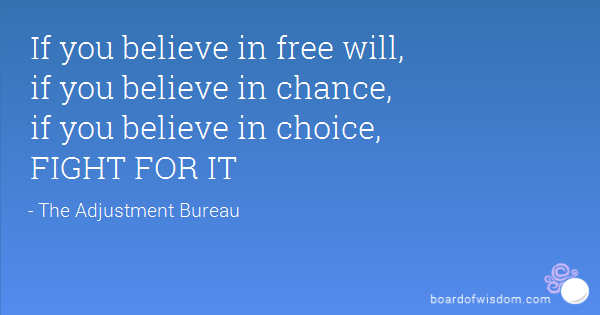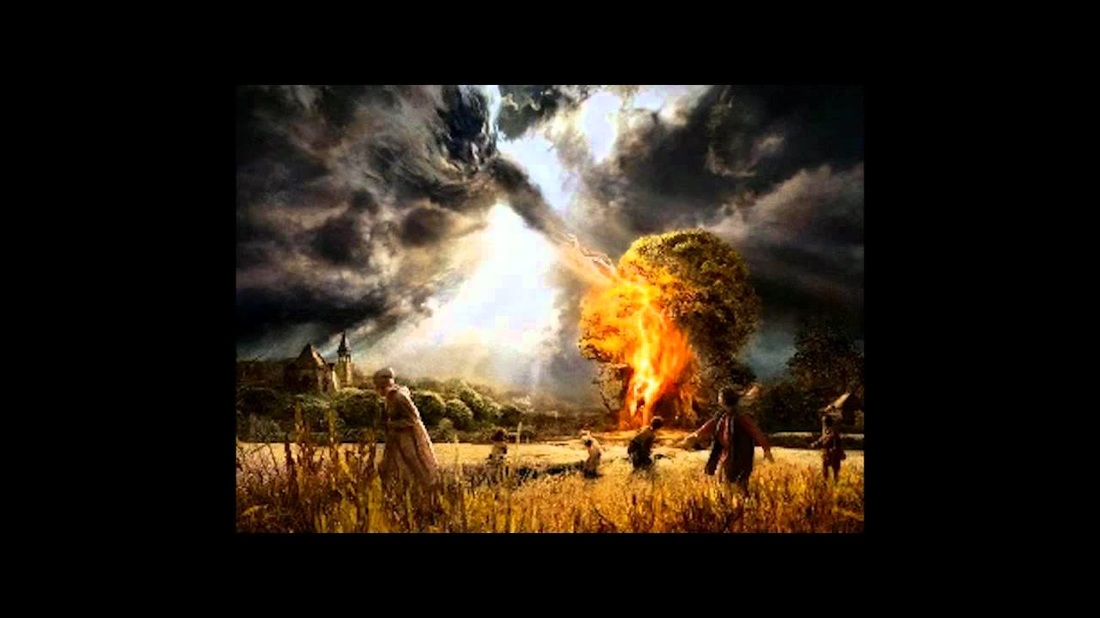In response to the problem of evil Christian history has produced a number of defenses for God. These defenses are known as "theodicies." A theodicy doesn't claim to prove that God exists or that its explanation for evil's existence is the correct one, but it merely offers what is a possible explanation for evil's existence alongside a good God. If the theodicy's explanation is logically possible, then evil's existence is not incompatible with the existence of God, even if this particular explanation doesn't end up being the correct one. The goal is simply to show that the existence of a good God and evil aren't logically incompatible. At the moment, the most broadly accepted theodicy on the market is the free will theodicy as refined and presented by Alvin Plantinga. Plantinga argues that for a God to create a world in which his creatures loved him in a meaningful sense, then those creatures would need to have the choice not to love him. God could have created robots that would have never disobeyed him or done any evil thing, but in creating such a world, he would have created a world where true love was impossible. So while it is true that evil exists, it's only in a world where evil is possible that love can exist, and God deems that the existence of love is worth the price of allowing evil.
The Free Will Theodicy (FWT) is a beautiful defense because it makes a lot of sense. Everyone would love a world without evil, but we recognize that we'd all likely prefer a world where we make meaningful choices to love than a world where we were programmed robots - even if the price of love was the existence of evil. Love is such a beautiful and powerful thing that we recognize evil pales in comparison to it. The FWT is a fantastic defense of God, though as with all arguments, there are some problems. But it isn't in the scope of this article to expound on this theodicy or defend it. Suffice it to say that this is the going theodicy in Christianity, particularly Western Christianity. With the acknowledgement of this broad Christian adherence to the FWT, what I want to do, then, is actually draw out some implications this theodicy has for two other Christian positions: nonviolence and Christian anarchism.










 RSS Feed
RSS Feed